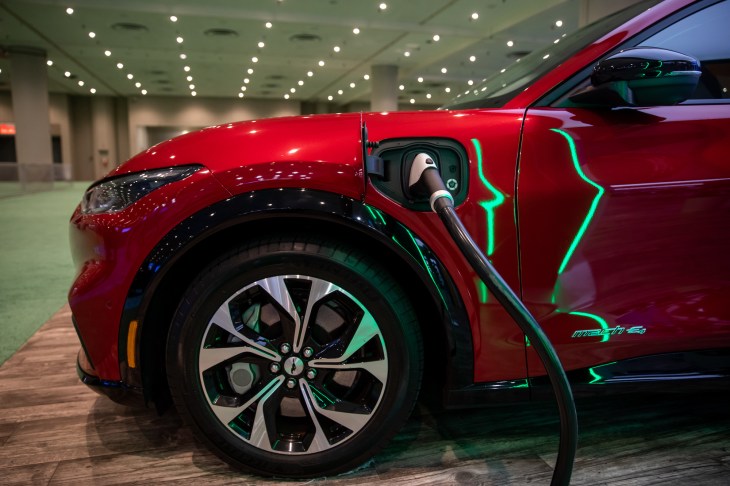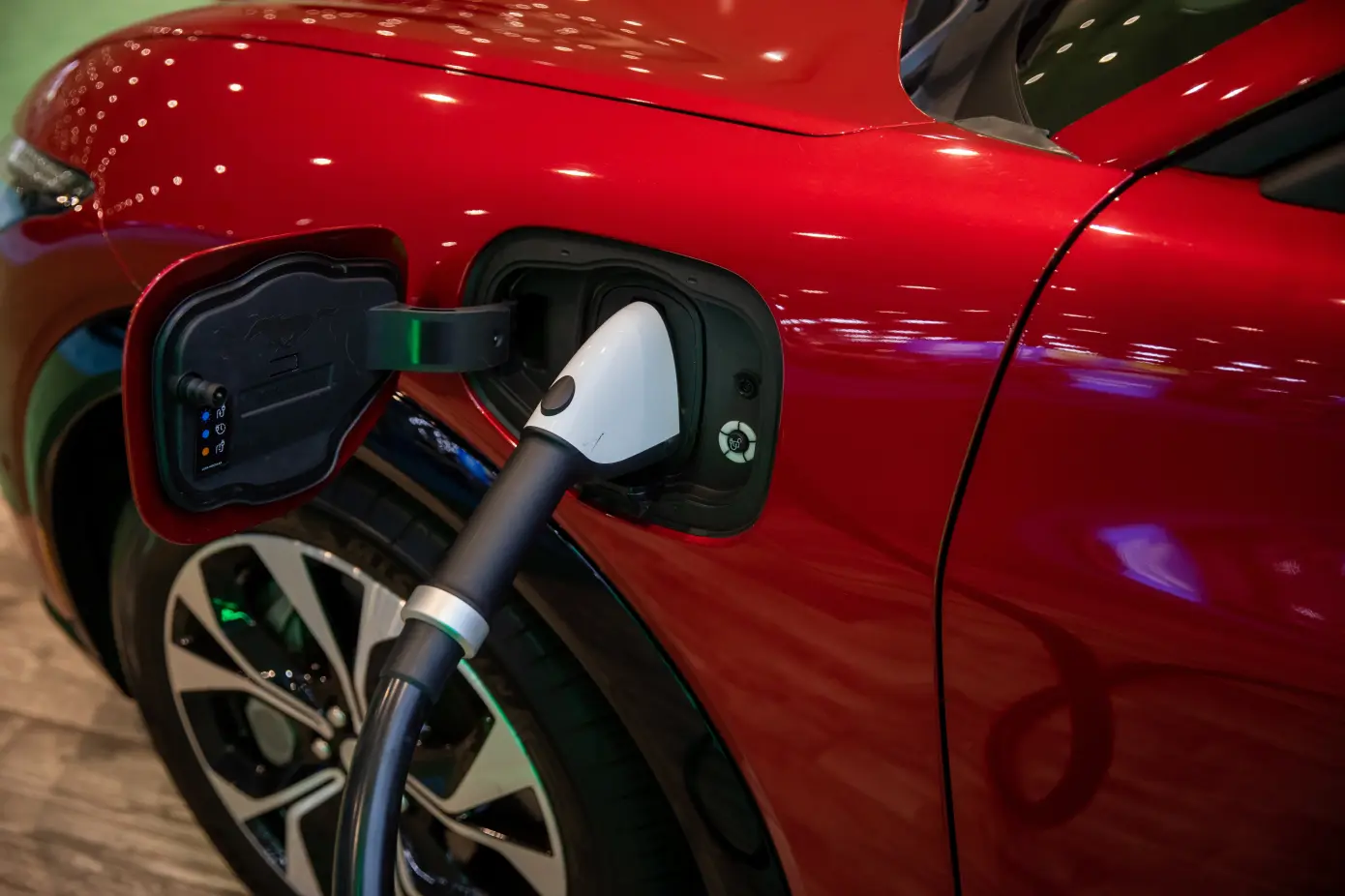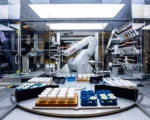Coreshell, a battery materials startup, has recently unveiled a breakthrough that could potentially lower the cost of lithium-ion batteries, addressing one of the major hurdles to widespread electric vehicle (EV) adoption: affordability.
While the advancement may not immediately result in 500-mile-range EVs, it holds promise for making EVs more accessible to a larger market segment. This breakthrough could lead to the production of cheaper batteries that are not reliant on China, thereby diversifying the battery supply chain.
One key area of innovation lies in the anode, specifically the potential use of silicon to replace graphite. Silicon has a higher lithium-ion storage capacity compared to graphite, making it an attractive candidate for enhancing battery performance. However, silicon anodes face challenges related to swelling during charging cycles, which can lead to structural instability over time.
To address this issue, startups like Coreshell are developing specialized microscopic structures to accommodate silicon’s expansion while maintaining stability. These innovations aim to mitigate the drawbacks associated with silicon anodes, such as crumbling and reduced longevity.

While previous approaches to silicon anodes have focused on utilizing refined and costly materials, Coreshell’s breakthrough offers a more cost-effective solution. This development could lead to the widespread adoption of silicon-based anodes in various applications, including automotive batteries, without significant price premiums.
Overall, advancements in battery materials, such as those pioneered by Coreshell, hold the potential to drive down the cost of EVs and accelerate the transition to electric mobility on a global scale.

















